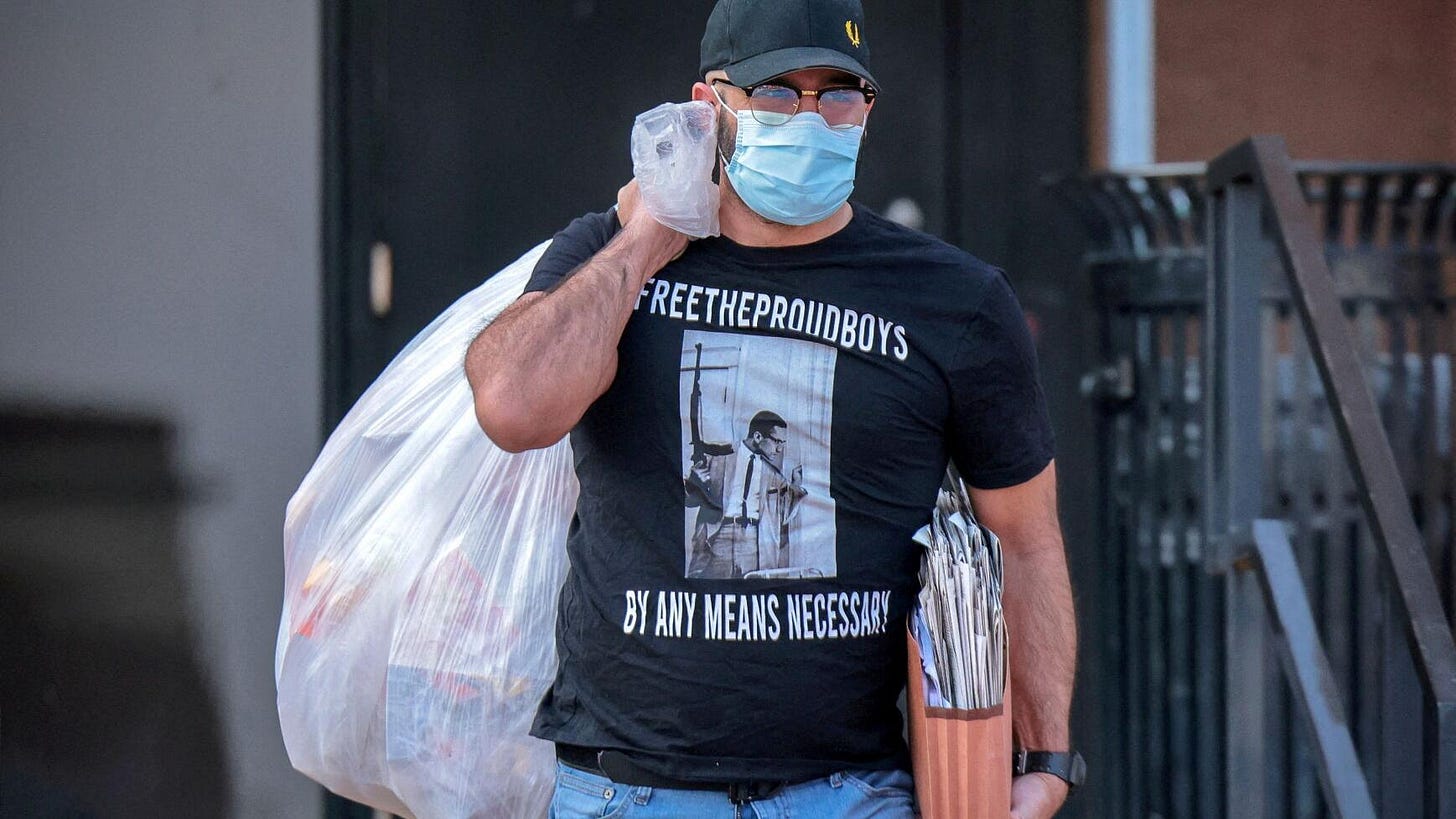President Trump Grants Pardons to January 6 Defendants, Orders Bureau of Prisons to Immediate Release "Hostages"
President Donald Trump issued full pardons to approximately 1,600 individuals convicted for their involvement in the January 6, 2021, Capitol riot.
On his first day back in office, President Donald Trump issued full pardons to approximately 1,600 individuals convicted for their involvement in the January 6, 2021, Capitol riot. Of the 1,600, six individuals had their sentences commuted. The President referred to the convicted individuals as “hostages” and directed the Bureau of Prisons to act immediately to release them.
The sweeping pardons represent one of the most significant acts of mass clemency in modern history. While some of those pardoned had been sentenced for minor offenses like trespassing or unlawful entry, others had been convicted of more serious charges, including assault on law enforcement officers. It is not clear at this time which six cases are receiving commutations vs. pardons.
A reporter from the White House Press Pool asked former President Trump whether individuals who assaulted law enforcement would face punishment.
In response, President Trump stated, “Well, I will say this, they’ve been in jail for a long time already. I see murders in this country getting two years, one year, maybe no time. They’ve already been in jail for a long time. These people have been destroyed. What they have done to these people is outrageous. There’s rarely been anything like it in the history of our country.”
Among those pardoned is Enrique Tarrio, former leader of the Proud Boys, who had been serving a 22-year sentence. His release has drawn both celebration and condemnation, reflecting the broader debate surrounding the decision. Supporters of the pardons argue that the individuals were political prisoners who were unfairly prosecuted, while critics warn that the move could undermine the rule of law and embolden future political violence.
The Bureau of Prisons has been ordered to process the releases immediately, though the timeline for when all affected individuals will be freed remains unclear.
This action is part of a series of executive orders signed by Trump on his first day in office, including directives to roll back Biden-era policies on climate change, immigration, and government regulation.




